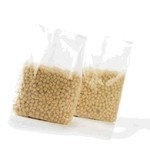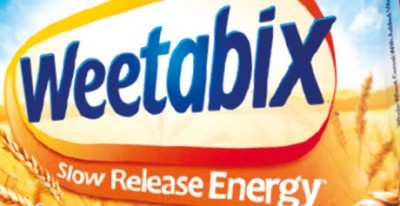Industry and regulators taking steps to tackle mineral oil risk from packaging

The Confederation of European Paper Industries (CEPI) outlined the complex nature of the problem - and what it is doing to address the issue - in the wake of intense media speculation yesterday over the potential health threat from the toxic substance leaching from packaging.
Traces of mineral oil in food are thought to arise by their migration from the inks present both on the printed surface of the packaging and in recycled fibre, principally newspapers, used in the production of packaging.
It emerged that a number of leading breakfast cereal companies, including Kellogg and Weetabix, are changing their packaging in a bid to limit consumer exposure to the mineral oils. The possible health threat from mineral oils in food packaging surfaced last year after a Swiss study by Dr Koni Grob found that almost three quarters of 119 food products from a German supermarket contained mineral oils levels exceeding the EU safe level of 0.6mg/kg by more than 10 times.
While long term exposure to mineral oils has been linked to the chronic inflammation of various internal organs and cancer, consumers who eat balanced diets are not believed to be at risk, said Grob.
The UK Food Standards Agency said yesterday it was “not aware of any firm evidence to suggest that there are food safety risks related to mineral oils in recycled food packaging” and said there was no need for immediate action.
Industry action
CEPI managing director Teresa Presas told FoodProductionDaily.com that while there were no toxicological studies yet available paper and packaging players were taking the matter "very seriously”.
“Industry has been investigating this and we are doing everything we can about the issue,” she said. “Eliminating the root cause is the most sustainable option and we have been in dialogue with stakeholders about the phasing out materials containing mineral oils by taking steps such the reformulation of inks”
The CEPI chief said packaging companies were committed to using mineral-oil free inks and, where possible, using recovered paper types with “minimum mineral oil content”. But Presas cautioned that such changes in technology would take time.
Complex problem
Part of the difficulty in addressing the issue is that mineral oils enter the food supply via a variety of routes – with the problem not just confined to recycled cardboard. Traces of the chemical have also been detected in virgin fibre and even in fresh, unpacked food.
“Mineral oil migration is complicated as it comes from a number of sources,” said Presas. “It comes from the corrugated outer boxes used to transport food, secondary packaging, inks as well as recycled fibre.”
One industry insider said that some food companies are unwilling to share the higher cost of mineral-oil free inks with packaging suppliers, which may also be discouraging, take up in some quarters.
CEPI said it had published voluntary standards for paper-based food contact materials to “minimise any incidents and to take corrective measures as science develops”.
Regulatory radar
The matter is well and truly on Europe’s regulatory radar with the UK FSA investigating the extent of the chemical’s presence in packaging.
The issue is certain to be discussed at an industry workshop on non-plastic food contact materials host by the European Food Safety Authority (EFSA) being held today. The Parma-based safety watchdog is due to deliver an opinion on mineral oils later in the year.









